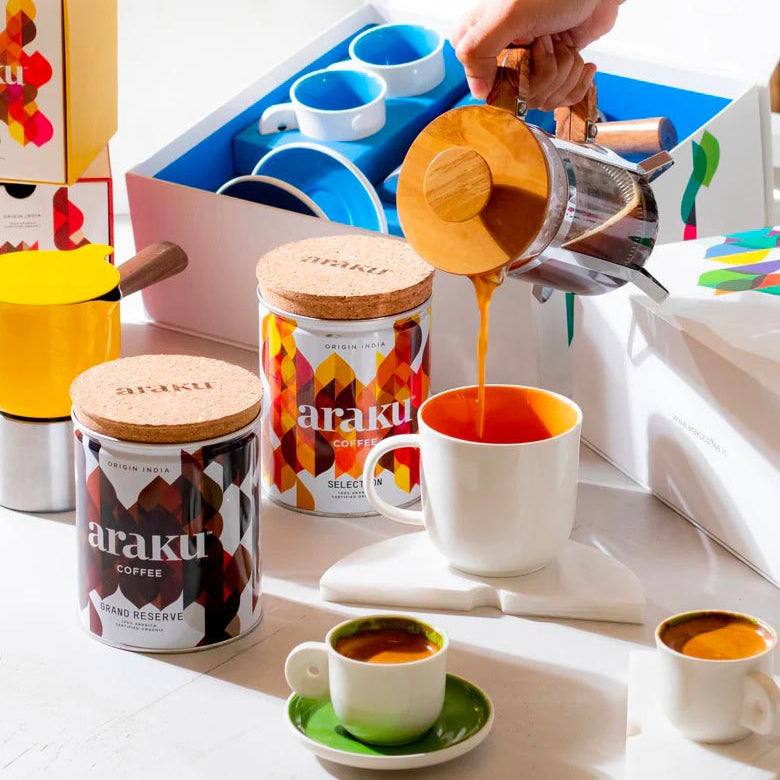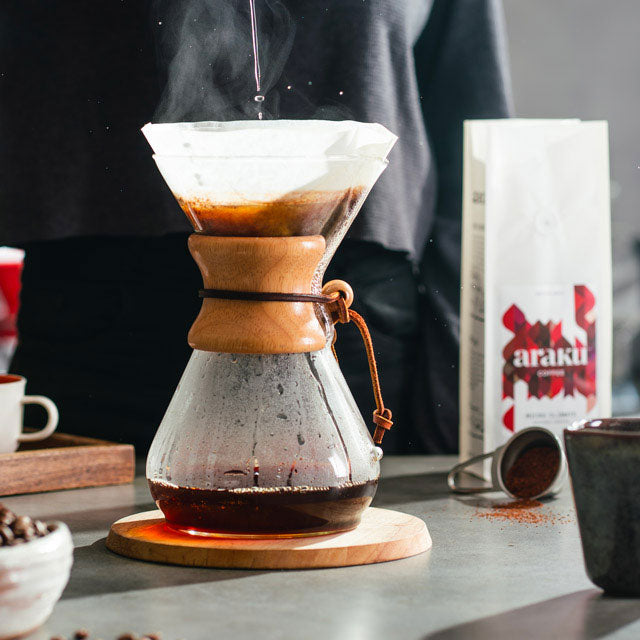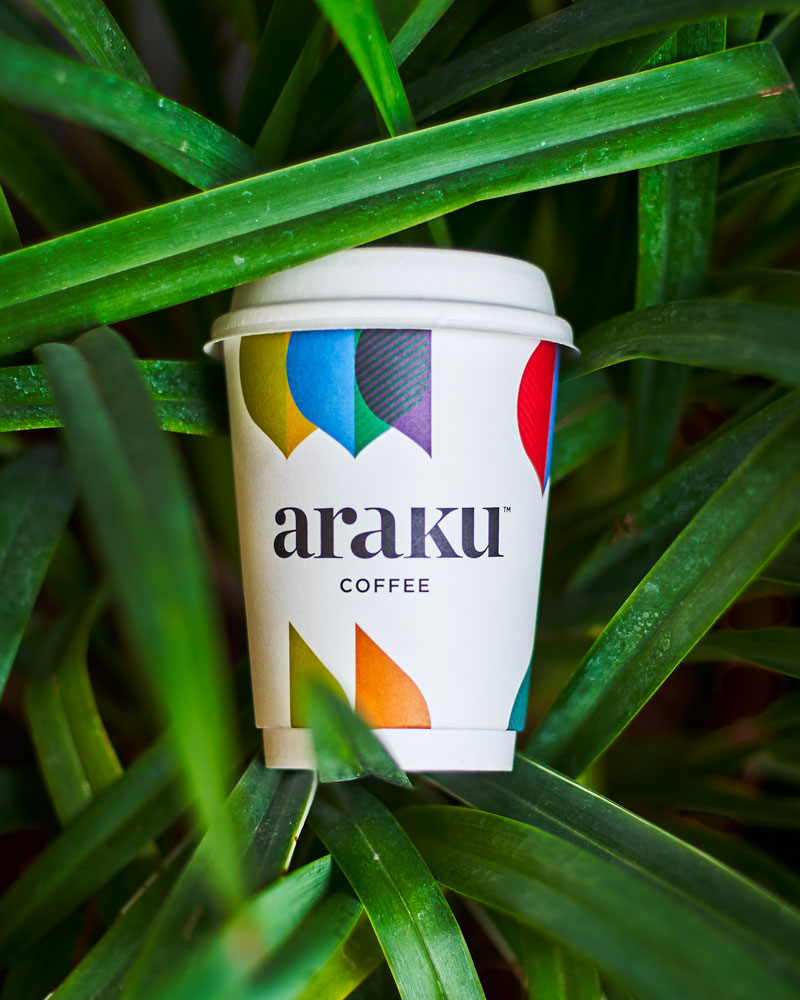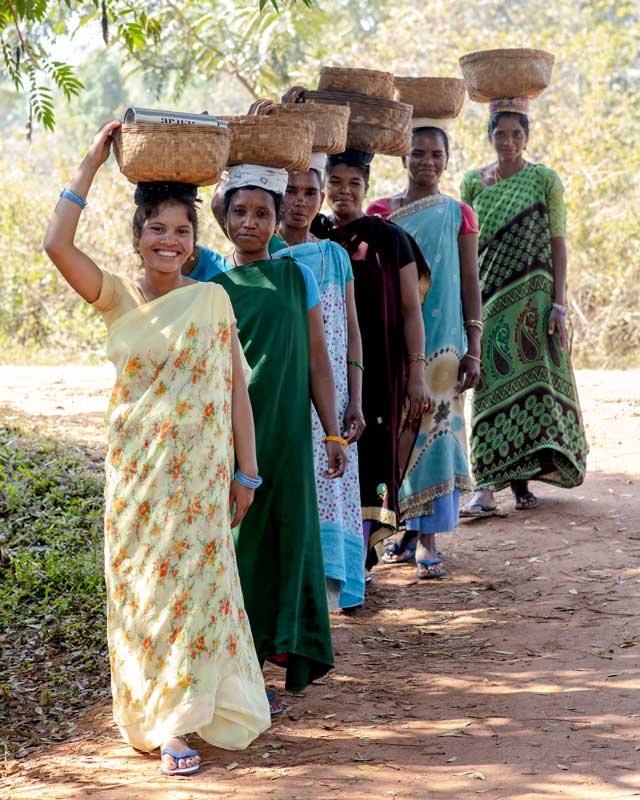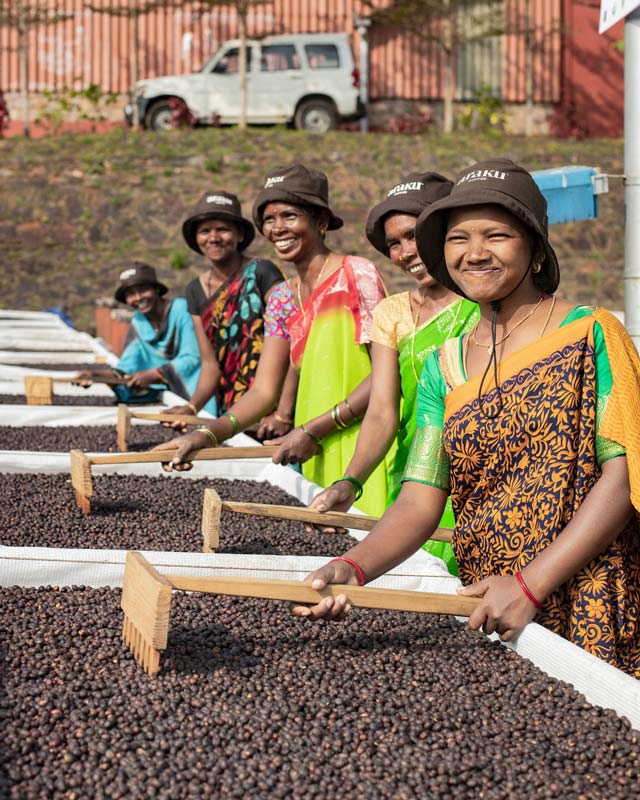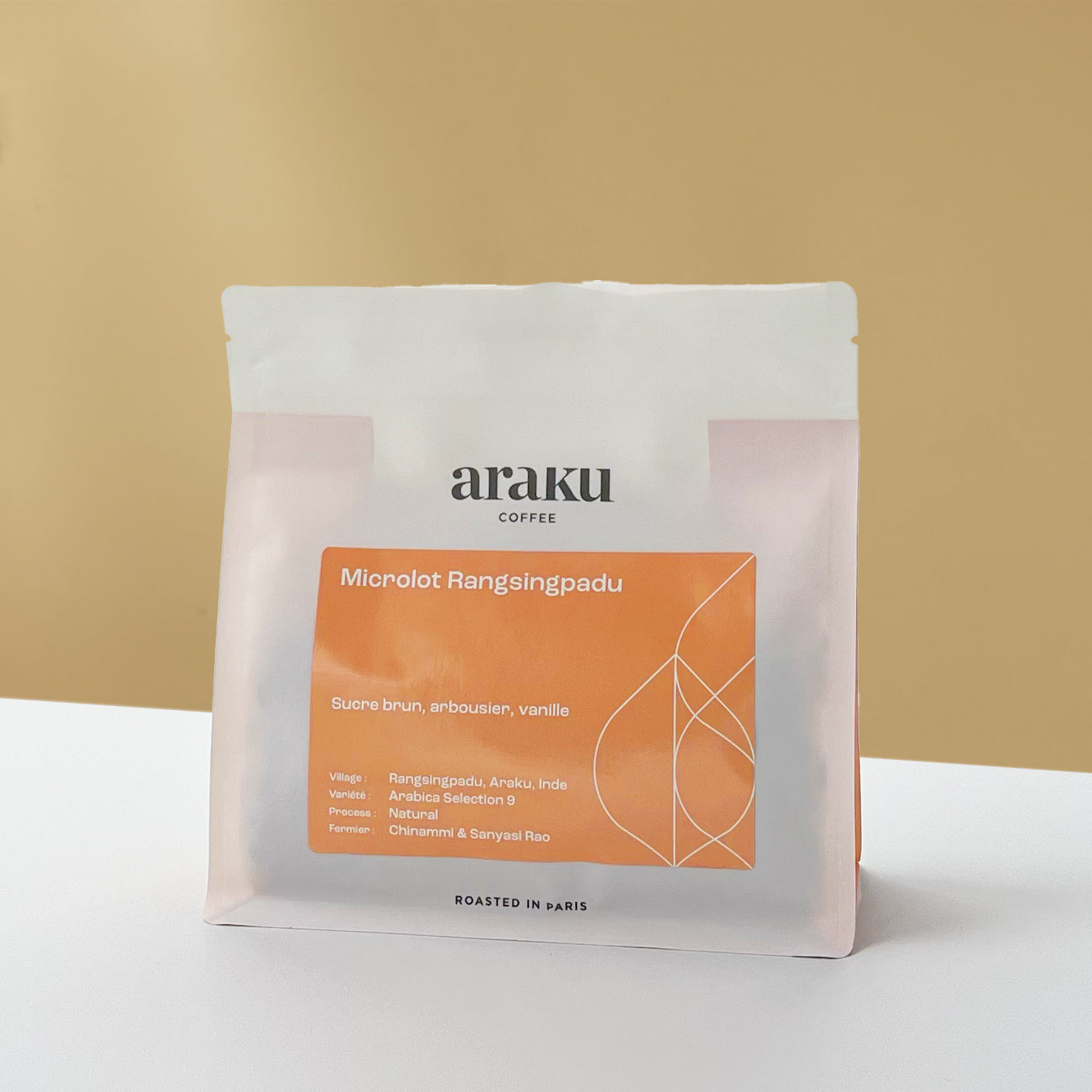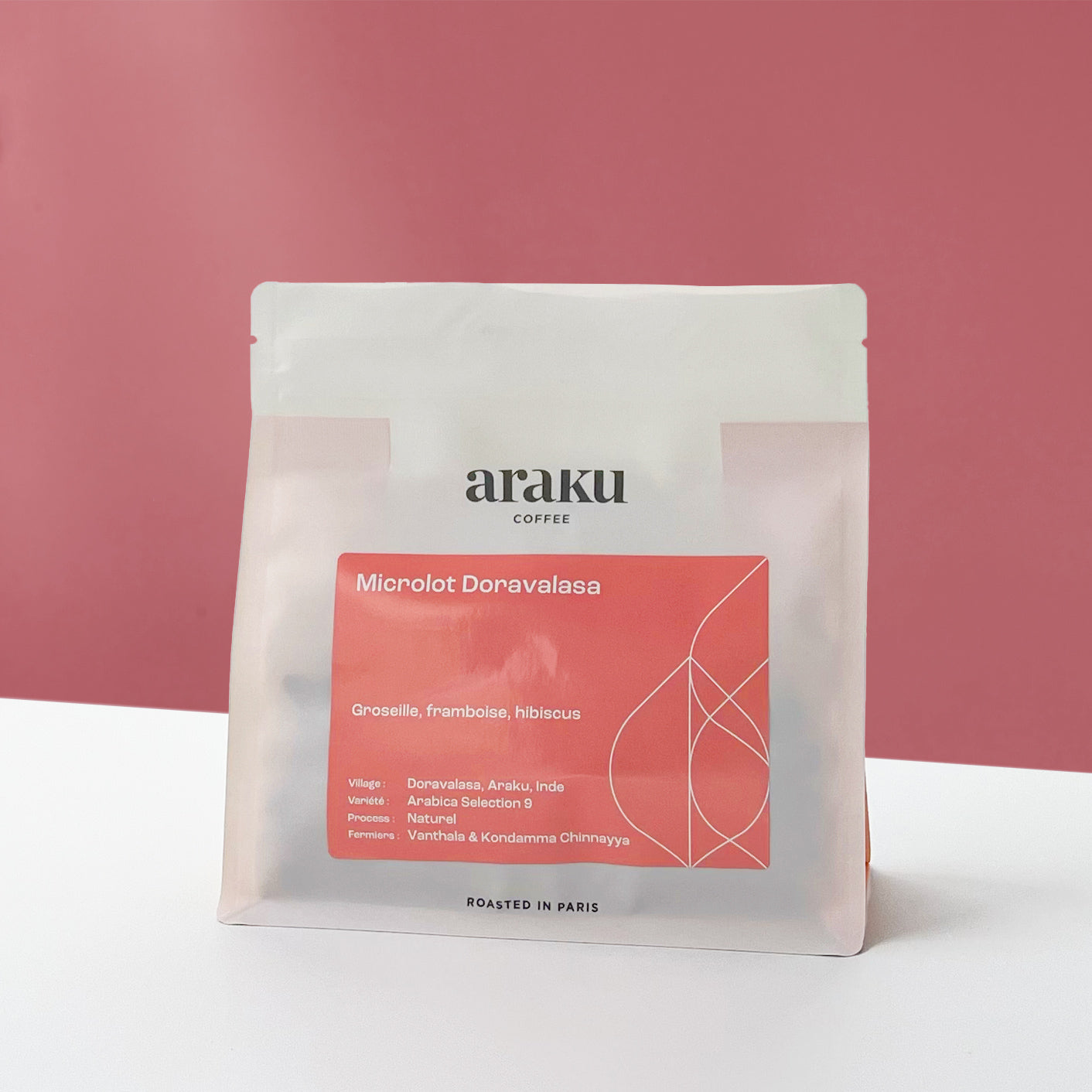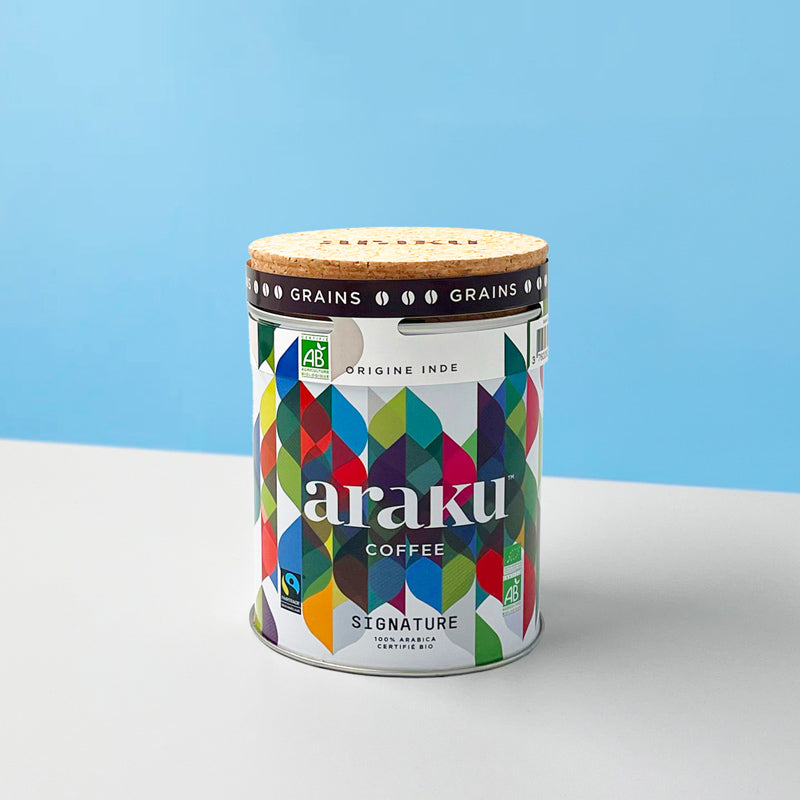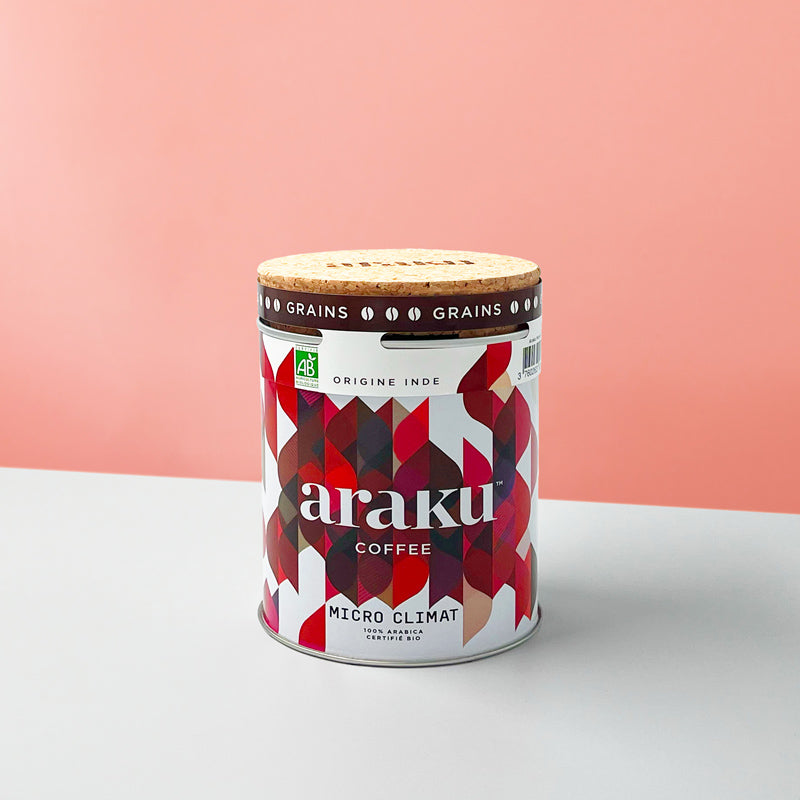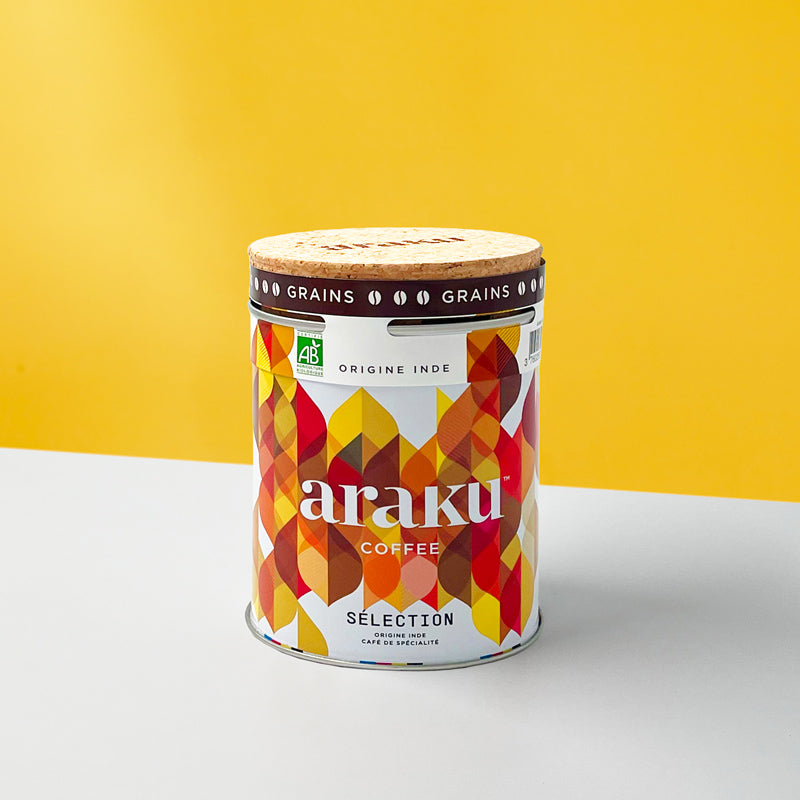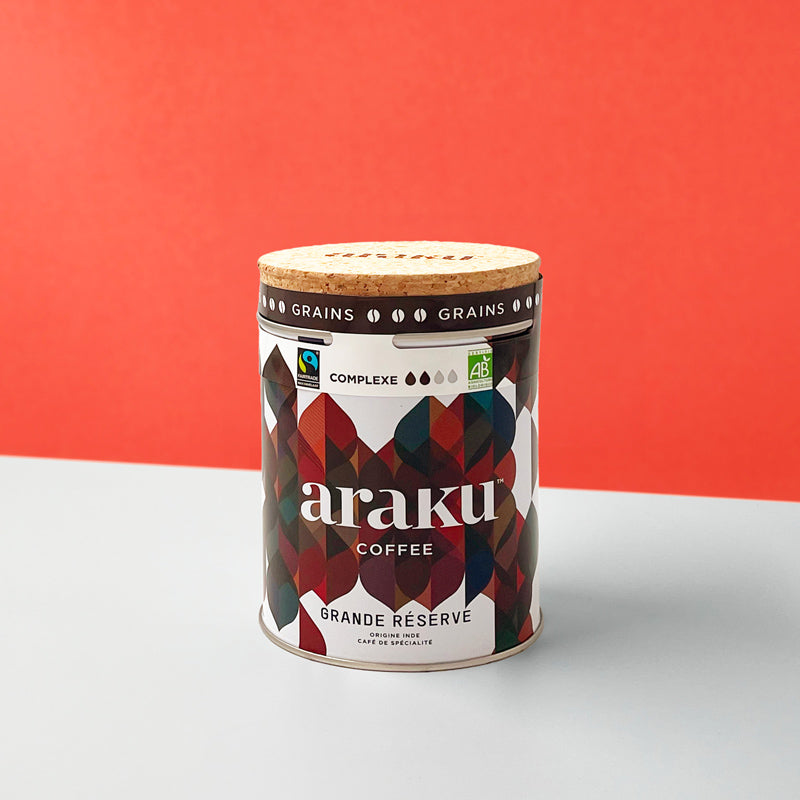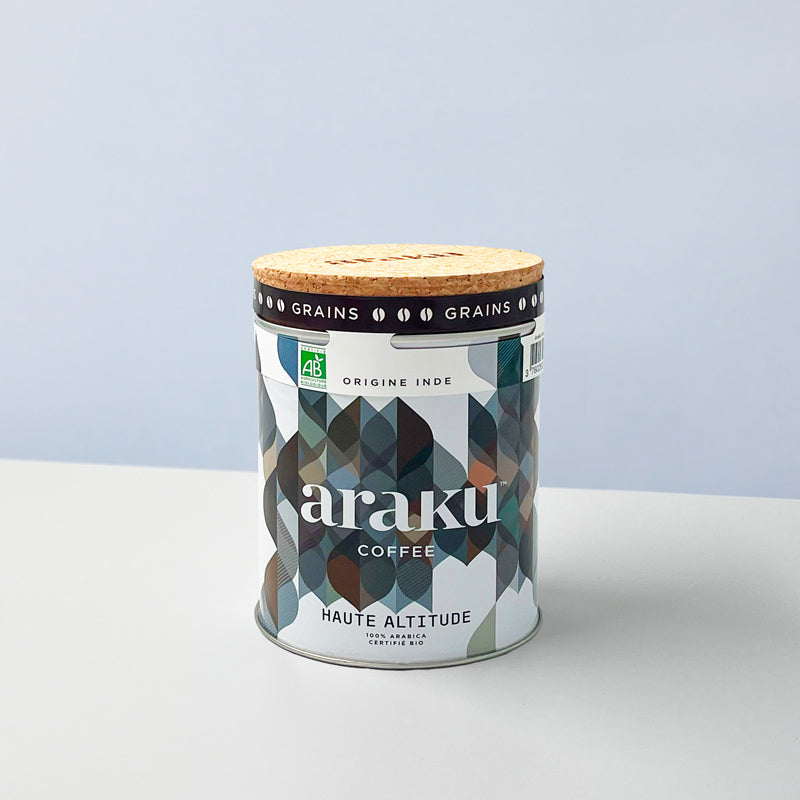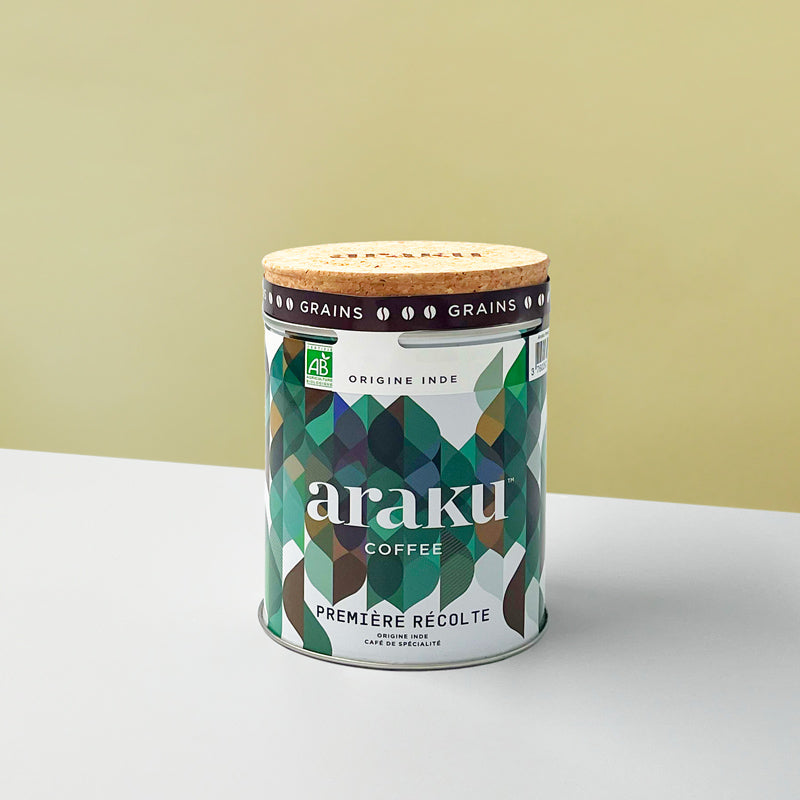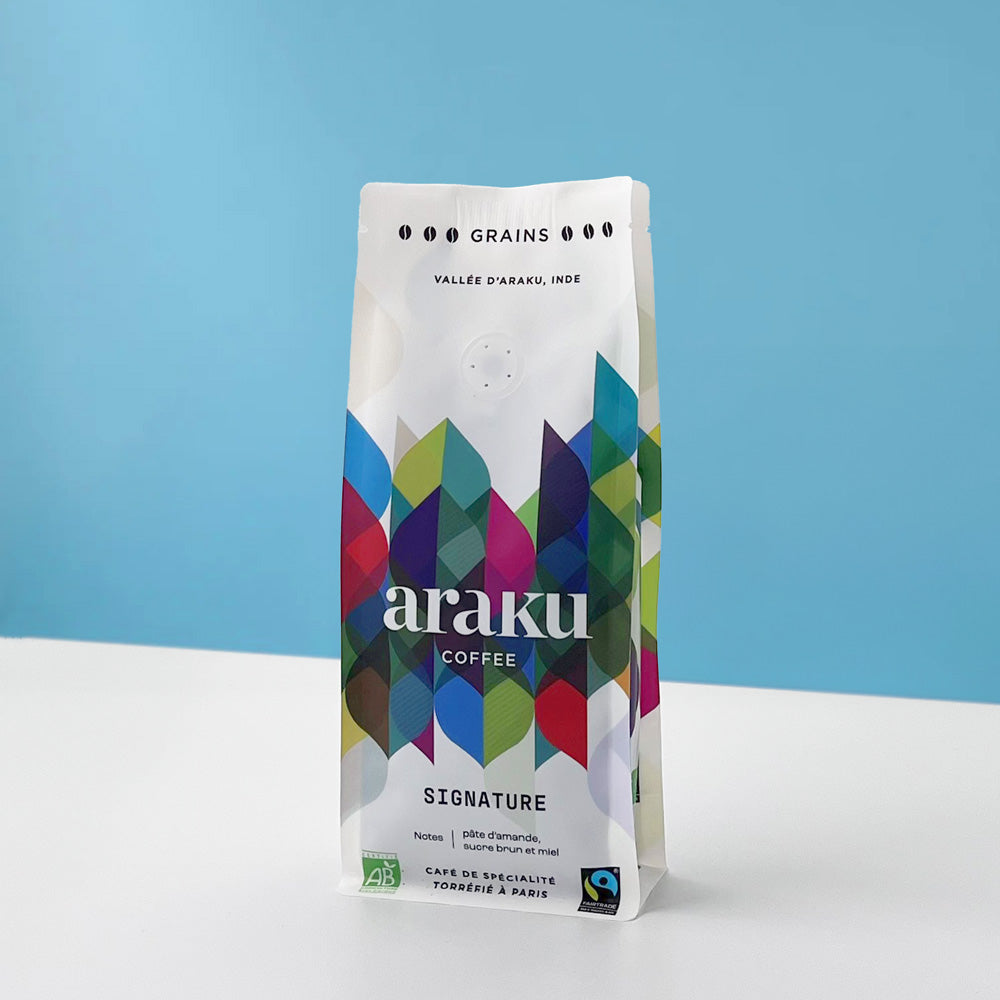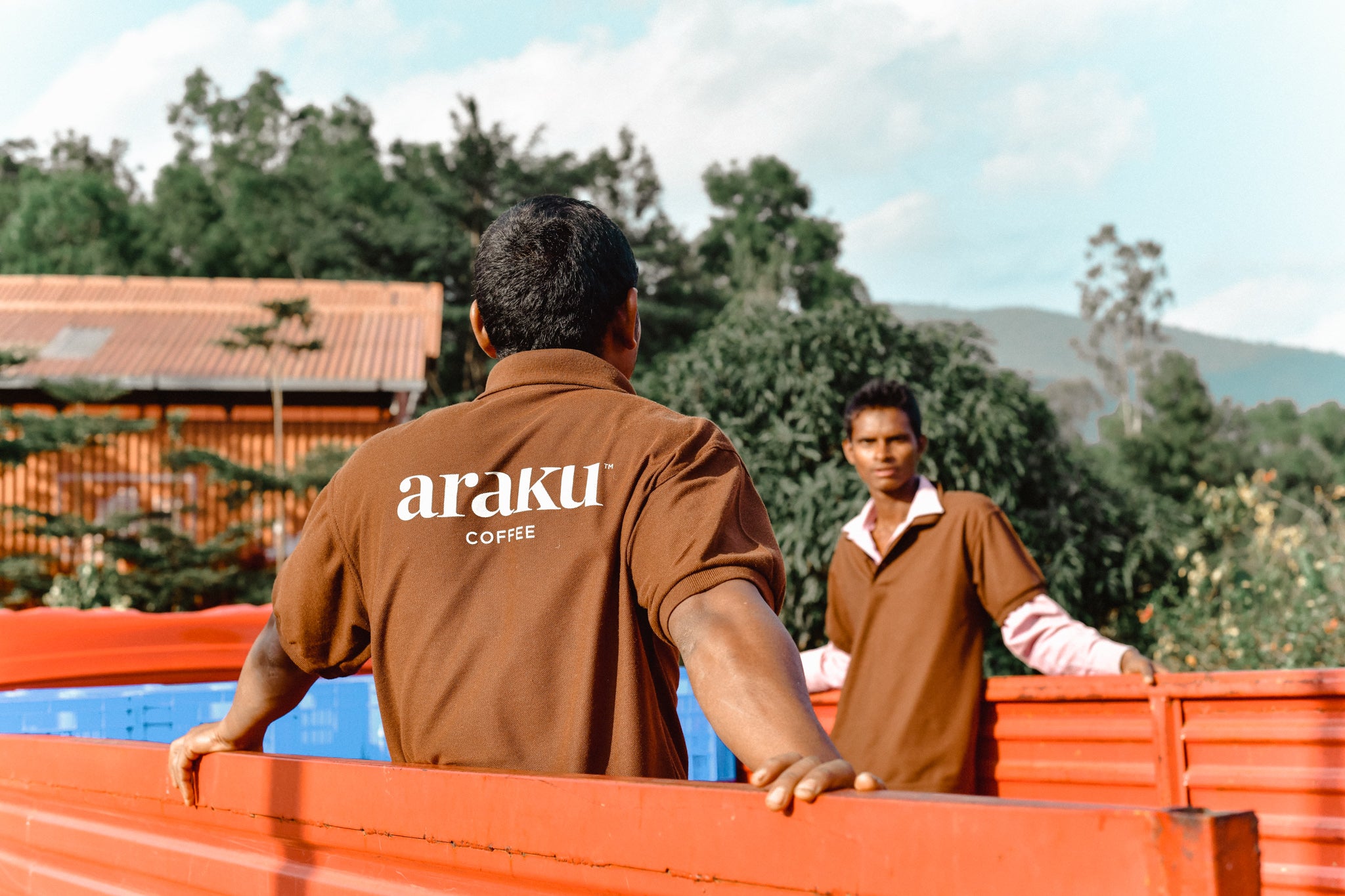WHAT IS FAIR TRADE ?
Having its origins in the 19th century, fair trade aims to strengthen equality between producers, intermediaries and consumers, moving away from the traditional trade model. From its origins to its current principles, discover the history of fair trade agriculture and its trade.
THE BIRTH OF FAIR TRADE
We have to go back to 1827 to find the first use of the expression “fair trade”. At the time, it was used to designate the practice of setting sales prices, in order to regulate trade. However, this commercial trend remained relatively confidential until the 1980s. At that time, the coffee world was hit hard by the liberalization of the markets, mainly in South America. While producers previously sold to the State, they are then forced to find new intermediaries to survive. While some take full advantage of globalization, other small farmers find themselves in a precarious situation. To deal with the situation, several pioneers decided to make coffee a fair trade product. A higher salary for producers, distribution through modern channels and a higher price for consumers: these are the three principles that are at the origin of fair trade coffee. It was at this time that the modern definition of fair trade came into being. This will now designate exchanges based on dialogue, equality and transparency, the aim of which is to enable greater fairness in global trade.
MAX HAVELAAR, THE FIRST LABEL THAT ENABLED THE GROWTH OF FAIR TRADE
When fair trade emerged, fair trade coffee, as well as other products, were confined to specialized shops in Europe. Few people could be affected by such products. It was to compensate for this that the first label was created in 1988: Max Havelaar. Thanks to the initiative of two Dutch people, namely Francisco Van der Hoff and Nico Roozen, certification made it possible to ensure traceability of foodstuffs. From then on, fair trade products could be sold outside of specialized stores and, thus, reach more people. Faced with the success of this practice, producers have structured themselves and other labels have flourished. Fair trade had just seen the light of day. In subsequent years, the concept was extended to other foods, such as bananas, cocoa and even tea. Today, it is estimated that around 1.5 million producers benefit directly from fair trade. And Araku in all this? The coffee distributed by Araku is based on a social, fair and totally ethical project. As proof of our commitment, we are Fairtrade certified and have the Max Havelaar label.

